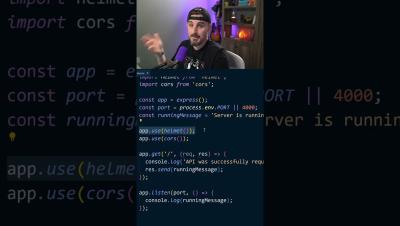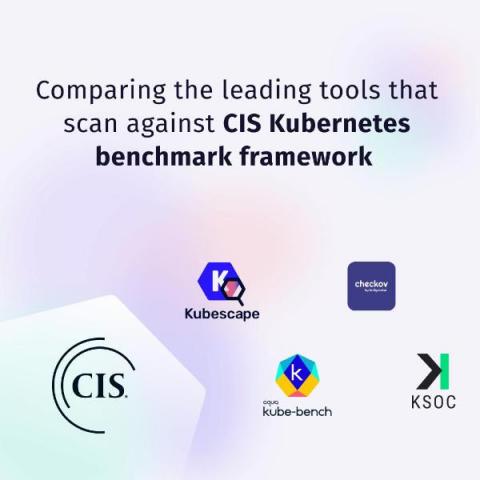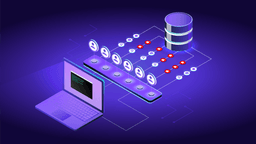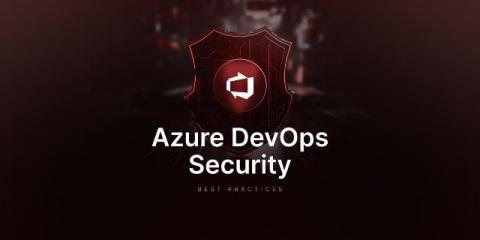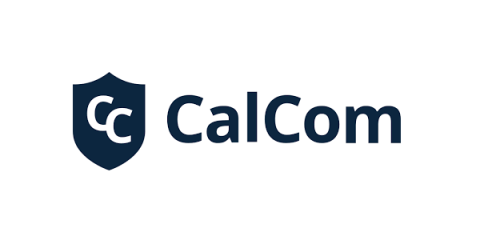Security | Threat Detection | Cyberattacks | DevSecOps | Compliance
DevOps
Mastering KubeVirt VM Backup and Restore with CloudCasa
KubeVirt has revolutionized the handling of virtual machines (VMs) within Kubernetes environments, providing a seamless bridge between traditional and cloud-native infrastructure management. CloudCasa enhances this integration by offering comprehensive backup, restore, and migration services for VMs running on KubeVirt and KubeVirt-based systems such as SUSE Virtualization(Harvester) and Red Hat OpenShift Virtualization.
Comparing the Leading Tools That Scan Against the CIS Kubernetes Benchmark Framework
CIS Benchmarks are a focused set of guidelines for the secure configuration, vulnerability detection, and threat remediation of distributed workloads. In this article, we compare the leading CIS tools that scan against the CIS Kubernetes benchmark framework. Security frameworks help modern software organizations define their risk management processes and platform requirements to prevent cyber threats.
How Database Access Controls Evolved to Meet Modern Security Needs
Teleport's Database Access Controls (DAC) have always been designed to offer secure, auditable access to databases. But in today's rapidly evolving security landscape, simply having access controls isn't enough. Organizations need more granular control, better visibility, and seamless integration with existing security policies. This post explores how Teleport's latest features—object-level permissions and Teleport Policy integration—address these needs.
Azure DevOps Security Best Practices
Data-handling platforms such as Azure DevOps are often relied on by many different modern organizations, therefore it is important to secure such environments. These widely used platforms simplify DevOps processes like project management and the work of developers. However, there is a downside, the rise of technology brings an increased risk of cyber attacks.
Understanding Repo_GPGcheck
Repo_GPGcheck ensures linux verifies the authenticity of software packages downloaded from repositories, reinforcing overall system security and safeguarding against unauthorized software sources. A repository in Linux is a storage location where software packages are managed and organized. When installing or updating software, Redhat based Linux systems pull the required packages from these repositories using the YUM (Yellowdog Updater, Modified) package manager.
Mend.io is a Strong Performer in the Forrester Wave Software Composition Analysis, Q4 2024
It should be no surprise that the world runs on open source software. According to the latest Forrester Wave Software Composition Analysis Q4 2024 report an “astonishing 77% of codebases are comprised of open-source software.” Since a “considerable amount of an application’s risk is due to third-party sources,” software composition analysis (SCA) tools remain the lifeblood for securing modern applications and bringing greater transparency to the software supply chain.


